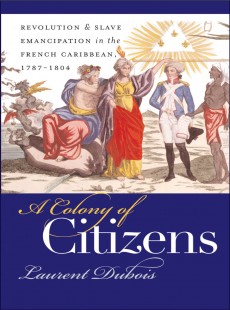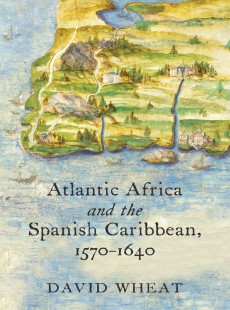
A Colony of Citizens
Revolution and Slave Emancipation in the French Caribbean, 1787-1804
Laurent Dubois


 Publisher: University of North Carolina Press
Publisher: University of North Carolina Press
Imprint: Omohundro Institute and University of North Carolina Press
Published: 12/2012
Pages: 472
Subject: History, Social Science
| University of North Carolina
Print ISBN: 9.78E+12
eBook ISBN: 9780807839027
DESCRIPTION
But French administrators on the island combined emancipation with new forms of coercion and racial exclusion, even as newly freed slaves struggled for a fuller freedom. In 1802, the experiment in emancipation was reversed and slavery was brutally reestablished, though rebels in Saint-Domingue avoided the same fate by defeating the French and creating an independent Haiti.
The political culture of republicanism, Dubois argues, was transformed through this transcultural and transatlantic struggle for liberty and citizenship. The slaves-turned-citizens of the French Caribbean expanded the political possibilities of the Enlightenment by giving new and radical content to the idea of universal rights.
RELATED TITLES



